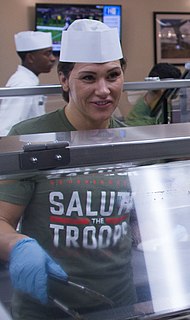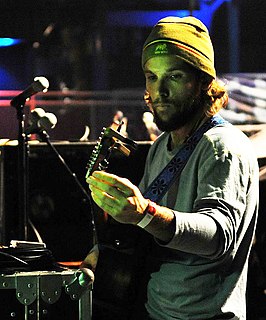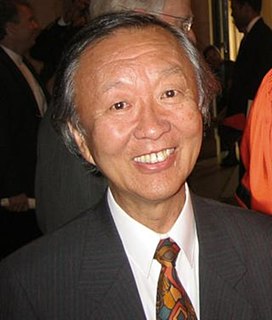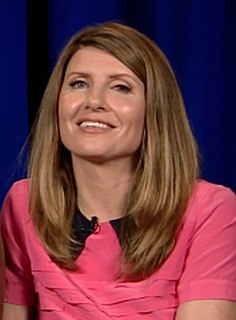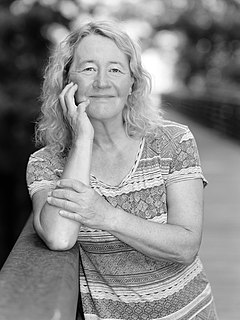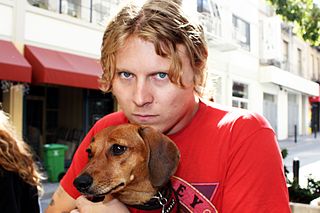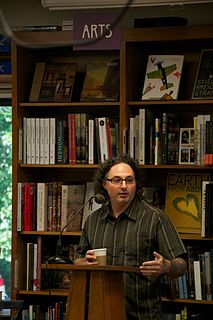A Quote by Washed Out
The entire making of 'Within and Without' was a series of experiments and trial by error. When I started writing, I didn't have a strong idea of what the record was going to end up like.
Related Quotes
I literally make music for my wife and my friends. I don't feel beholden to my fans. I don't even really know who they are. But, I know that this whole thing started with me making stuff that I got off on, and I've gotta believe that that's how it's going to end, too. That's the only way it can go. There are a lot of artists who have gotten pretty caught up in that. That's why I like the defeatist attitude. Just assume that no one is going to like it and that no one cares, and you'll end up making something that you really like.
I started writing when I was around 6. I say 'writing,' but it was really just making up stuff! I started writing and doing my own thing. I didn't really know what a demo was or anything like that, so I started getting interested in studio gear and started learning about one instrument at a time. My first instrument was an accordion.
We leave Scarlet Witch without a home, without a family, and she ends up creating a surrogate family within the Avengers and making a decision to be a part of the team. I think a lot of that has to do with what Jeremy's character - like his attitude towards her and the speech he gives her at the end of the film. So we pick up with her having started a new life, but still trying to figure out what her abilities are and if using them causes greater good or greater damage.
I really like to think of each record as its own thing. So, for sure, but I hate the idea of being stuck in anything. Like I want to do a Hawkwind-style record too, or a noise rock record or a hardcore record. Why not, you know? I would just not want to keep heading too far in one direction, without pulling off and going the other way.
I like making series, for a couple reasons. One, the repetition of routine is very healthy because I can get a little crazy; I want to be making things all the time. And if I publish something every week, I don't have to put every idea I have into one piece. It's more like, here's one idea: execute it, see it through, think about it, do it the best you can. And then there are going to be ten more ideas that come while you're making that, because creativity works that way.


